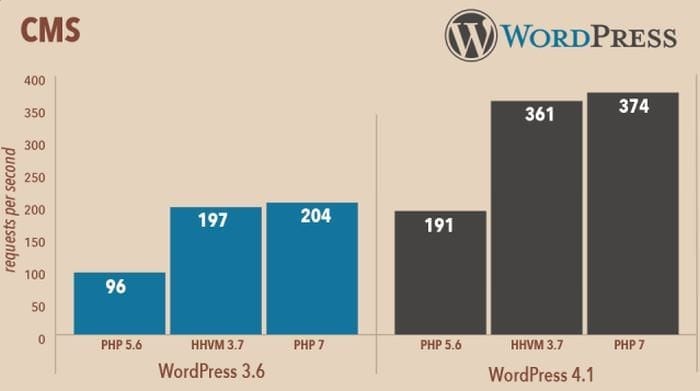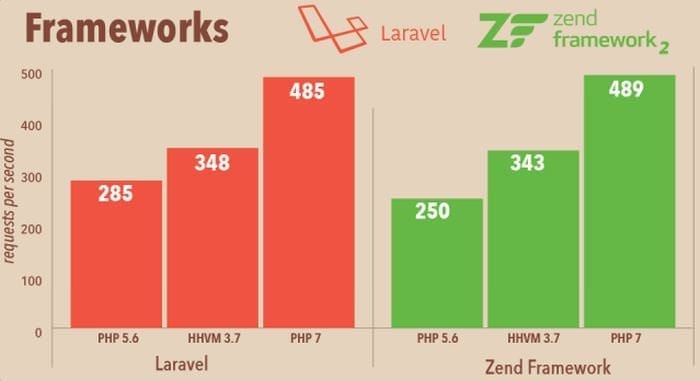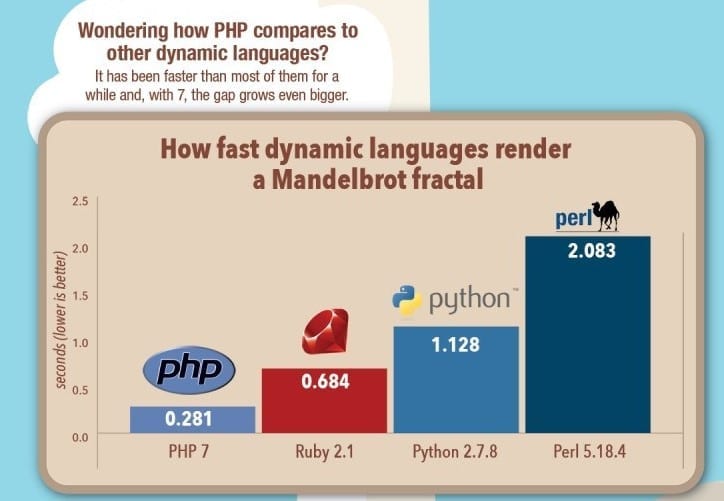By: Hiep Hoang Sy, Analyst Programmer at Mitrais
History
PHP was created by Rasmus Lerdorf in 1994 and was publicly released in June 1995. Back then, it was the abbreviated form of Personal Home Page tools. After two years, in 1997, it entered public domain as PHP/F1 2.0. A year later, two programmers, Zeev Suraski and Andi Gutmans, rewrote the base of the original version and launched PHP 3.
PHP 4, which came out in 2000, incorporated a scripting engine named Zend Engine that was designed by Suraski and Gutmans. Three more major versions with some sub-versions have been launched since, with the latest version 7.0 released in 2015.
Two decades after its inception, PHP has registered a phenomenal growth and is still going strong. It is used in many of the most popular websites like Facebook, Wikipedia, WordPress, Yahoo, WordPress. These stats are significant because if 81% of web uses PHP, then you can imagine all the different types of business (big, mid-range and small) who depend on PHP.
In the programming world, a language is normally designed for developing many kinds of applications, such as web applications, mobile applications, desktop applications, embedded systems etc. But PHP is just for web applications – a simple, clear mission. By focusing on doing one thing well, it excels.
Strengths
- PHP is very flexible
- PHP is the one of the fastest resources available for creating database–enabled dynamic websites
- All the features and updates of PHP are available free of cost
- PHP code is well organized and can be easily embedded into HTML code. It works on all major operating systems like Linux, Windows, Unix and Mac OS, and it supports main web and enterprise servers like Apache, Netscape, Microsoft IIS, etc. Moreover, it is easier to troubleshoot problems in PHP compared to other languages.
- For a web developer, designing a complex yet attractive website in a short span of time is a big challenge. This is where PHP frameworks prove to be useful. Frameworks can be used to develop websites of all sizes and complexity. The most popular ones include WordPress, Laravel, Symfony, CodeIgniter and Phalcon, to name a few.
- Another major problem is hosting websites. Regular shared web hosting services can host PHP out of the box. With some other languages you need to buy dedicated server hosting. On top of that you need to install their own web server in your privately held server, configure it according to your requirement, and so on. For a lot of people, that just adds complexity to what they could have done with a simple WordPress website
PHP 7 Improvements
PHP7 provides impressive performance, better error handling, return type declaration, scalar type hints, spaceship operator, and many other syntax changes.
Compared to PHP 5.6, PHP 7 places substantially reduced demands on servers, which makes it a more cost-effective and environmentally friendly choice, as comparatively less energy is needed to power servers running PHP 7 applications.

PHP 7 performance benchmark on WordPress

PHP 7 performance benchmark on Laravel and Zend Framework

How fast dynamic languages render a Mandelbrot fractal
The future of PHP
Certainly, PHP is doing well on its mission, up to now. The population of WordPress blogs, Joomla/Drupal CMSes and various eCommerce systems will remain roughly steady. However, PHP is facing stiff competition from emerging competitors like Ruby, Python and now MEAN and LAMP stacks, meaning that new application development with PHP may wane somewhat.
Ruby is emerging as the language for startups. It is more readable and easy to maintain since Ruby was designed to make developers happy. It’s a beautiful language – aesthetically pleasing to a Software Engineer’s eye. When programming, you don’t want to take your eyes off it when coding. If RUBY can deliver performance improvements to match PHP 7, it could surely become the new champion of web application development tools.
Is PHP going to remain at the top of the charts over the coming years? With its enormous user base, it is hard to see PHP becoming extinct in the next 20 years. Its mission remains unchanged for future of distributed applications, especially it’s core vision of web on open source stacks.





